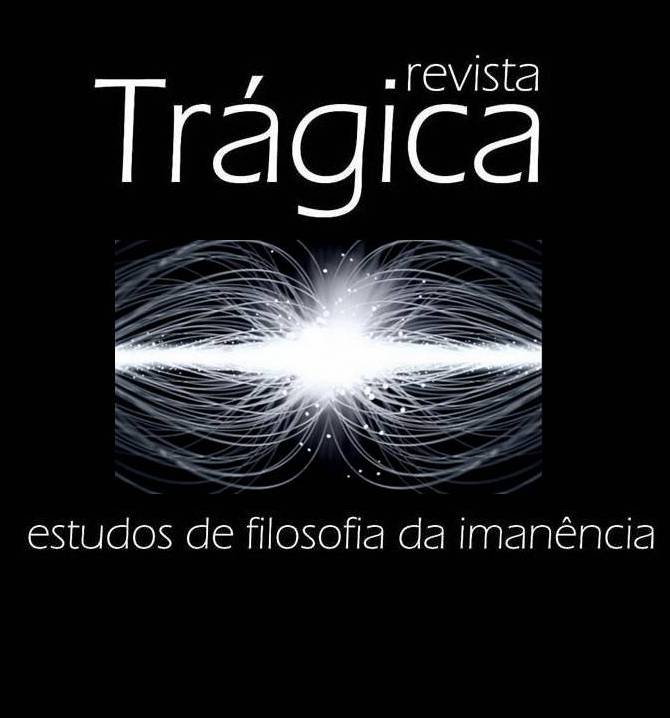A TAUTOLOGIA DO REAL, O DUPLO, O TRÁGICO E AS FORMAS DA IMAGINAÇÃO
DOI:
https://doi.org/10.59488/tragica.v12i1.27227Keywords:
Rosset, duplo, trágico, imaginação, tautologia, realAbstract
O cerne da filosofia de Clément Rosset se encontra em uma tautologia, segundo a qual o que é, é, e o que não é, não é. A é igual a A, e não a B ou a A’. O real é único e, portanto, incontornável. Os objetos são singulares, e por isso mesmo insubstituíveis e finitos. A única forma de se esquivar da necessidade inelutável do real é pelo viés do escape oferecido pela imaginação, por uma recusa mental ao real, que se revela, contudo, sempre inoperante em seu objetivo alucinado de tornar o real inexistente e o inexistente existente. Afinal, toda afirmação do real é trágica, ou não há afirmação. Neste texto buscaremos analisar algumas das implicações psicológicas, mas também epistemológicas e éticas, em jogo nesta questão. Tarefa que demandará a compreensão de alguns dos conceitos e dos paradoxos propostos por Rosset, notadamente a distinção conceitual entre imaginação e imaginário, a adesão a um objeto inexistente como fundamento do duplo, a busca pela diferença que faz obstáculo à experiência singular e única do mesmo, e os expedientes da metafísica e do intelectualismo na recusa do real.Downloads
Published
Issue
Section
License
Authors retain the copyright and grant the journal the right of first publication, with the work simultaneously licensed under the Creative Commons Attribution 4.0 International (CC BY) license. This license allows third parties to remix, adapt, and create from the published work, attributing authorship and initial publication in this journal. Authors are authorized to assume additional contracts separately, for non-exclusive distribution of the version of the work published in this journal (e.g. publishing in an institutional repository, on a personal website, publishing a translation, or as a book chapter), with recognition of authorship and initial publication in this journal.













